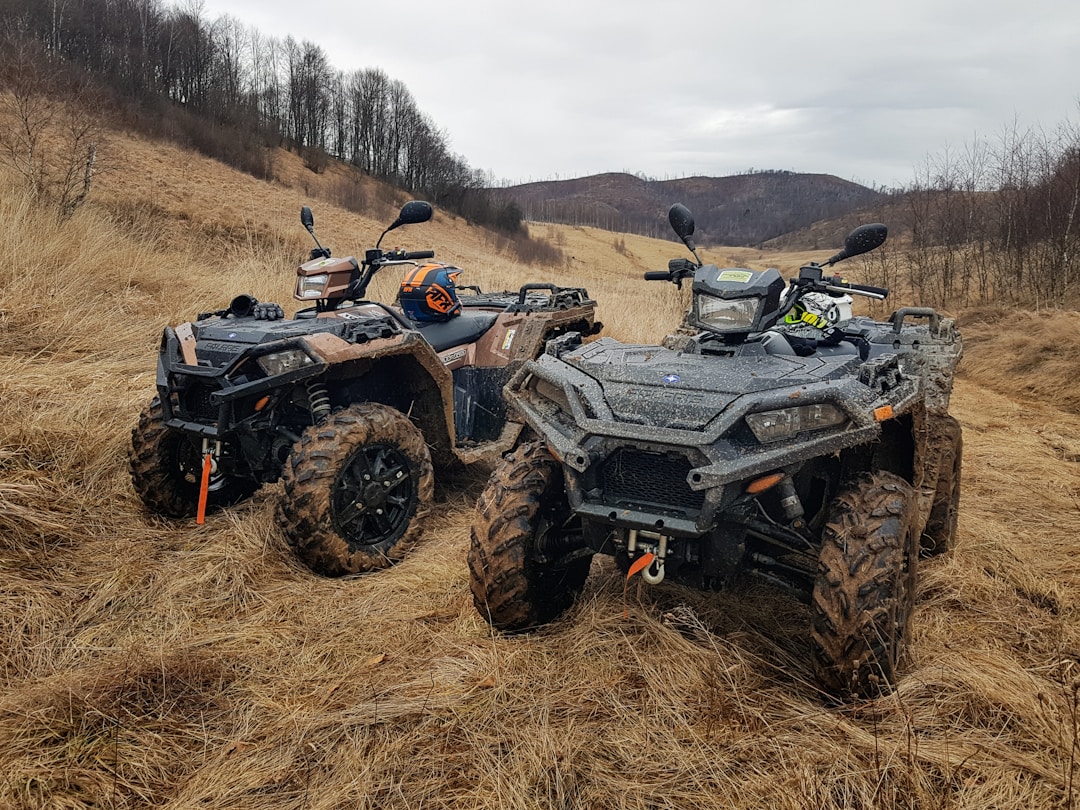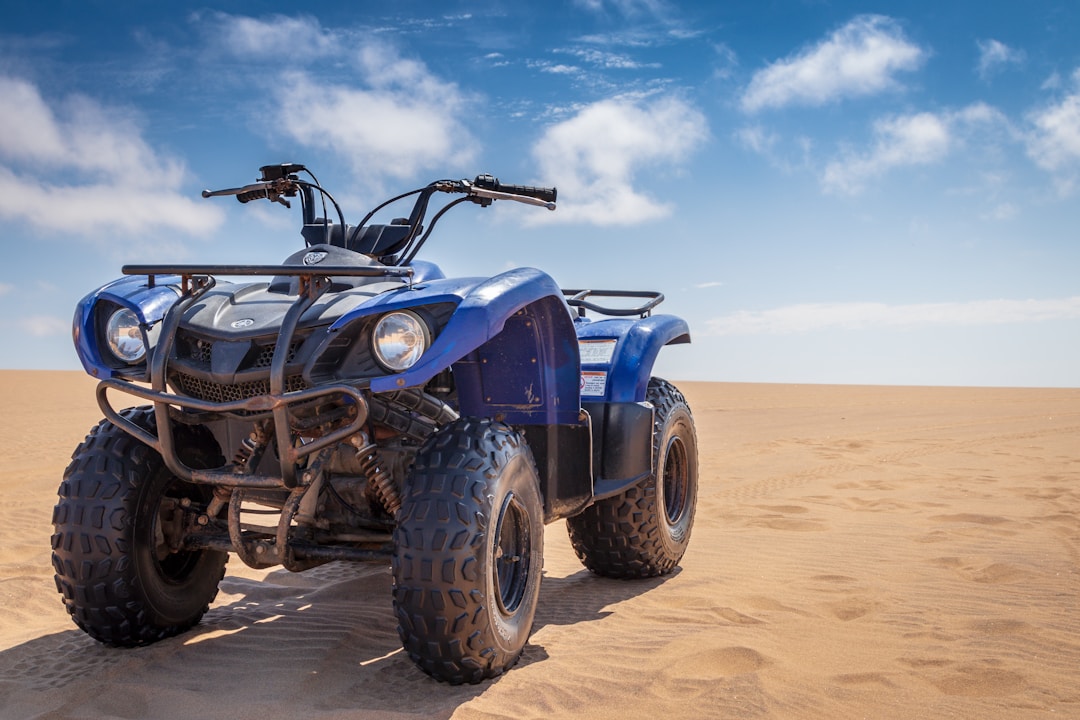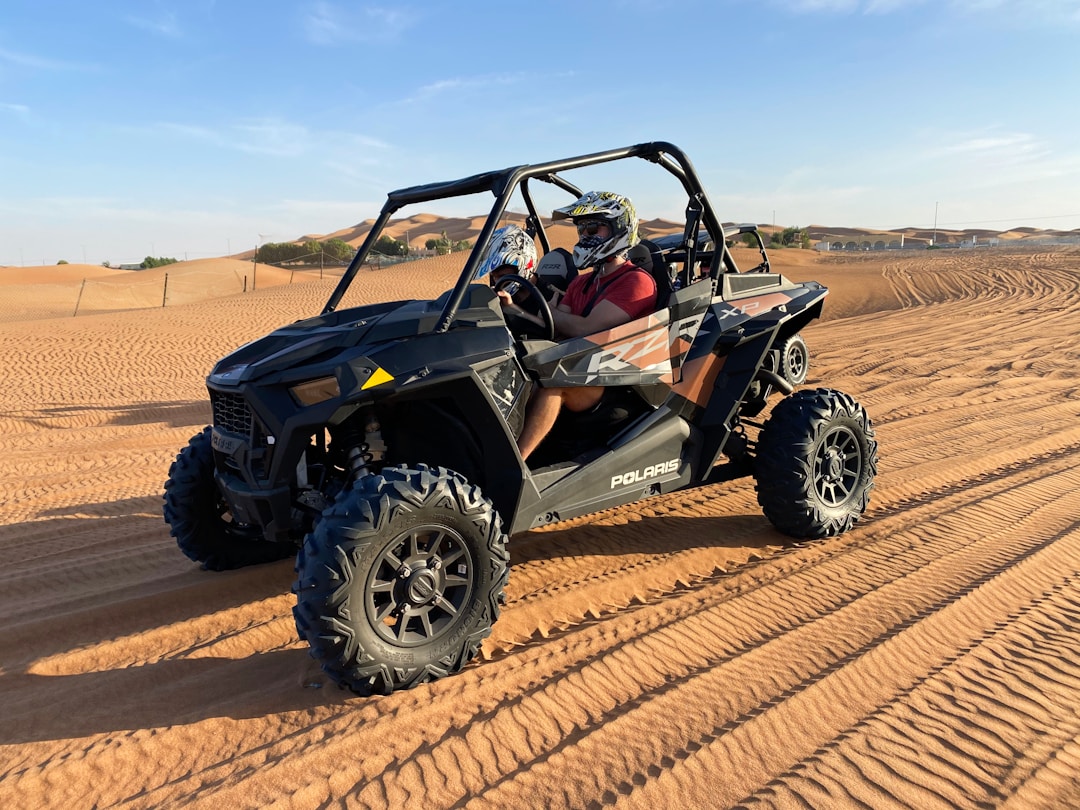ATVs are for all terrains and provide all sorts of opportunities. Whether you’re going on a ride through the dunes or using it to get to your hunting stand, there’s a lot of enjoyment that can be had seated on a four-wheeler. However, you have to be certain that wherever you’re driving your ATV, it’s legal to do so. Here are some things to know about driving these vehicles, from safety to the legalese, to ensure your enjoyment doesn’t end in punishment.
Register your ATV.

Across the United States, an all-terrain vehicle does need to be registered with your state’s Department of Motor Vehicles. If you’re looking into quads for sale, you’ll want to get all of the vehicular information for any ATV in the marketplace. Quad bikes, or even tricycles, can vary in cost based on preferred brands like Yamaha, Kawasaki, or Suzuki. Drivers can even score cash return or trade-in value in pursuit of new ATVs.
Through a proper education program, ATV riders can understand safety protocols to make sure that they are not only riding safely but also doing so where they are permitted. Dunes and wooded areas are usually okay, even within residential neighborhoods, but this varies by the state, county, and sometimes town you’re in.
Your private property is fair game.

The rules you make on your own property are yours to decide, so ATV riders don’t have to worry about access if they have the land to roam. Real estate experts like David Lindahl help riders explore the best deals on the market that provide the living quarters you and your loved ones need while putting an emphasis on the span of land that comes with the lot for a single-family home or multifamily home.
A real estate investor will eye the purchase price and determine the free land that comes with the territory. The amount of space is the first thing that any ATV driver, new or experienced, will want to check to make sure they are getting the most out of their private property. A proper homeowner’s insurance policy is also the right way to keep any riders or vehicles on your property protected.
Paved roads are a no-go.

Each state has its own ATV laws, including both safety and equipment requirements. All-terrain vehicles are designed for the open road, and that’s why many jurisdictions don’t allow a Honda or Polaris ATV to hit the pavement. It is extremely dangerous to use ATVs and ROVs on paved roads intended for vehicles. ATVs can be unwieldy on paved surfaces, increasing the risk of collision with a car, truck, or other vehicle. The risk of a tip-over is also dramatically increased.
Trails and other off-road locations are usually greenlit to drive quads or tricycles, but this can vary based on any guidance for private property. It’s important to also maintain parental controls surrounding vehicles, as some states and cities do not permit riders or drivers below the age of 16, in a similar fashion to a standard driver’s license.
State laws may vary.

Just like driving a car, motorcycle, or truck, the state laws surrounding driving all-terrain vehicles do vary. New riders should consult with their state’s Department of Motor Vehicles to understand minimums in terms of ATV insurance, age permitted to ride, and areas in which riding an ATV is legally permitted. A lot of people don’t understand the safety measures and legalities needed before a group ride with a variety of Powersports vehicles. Make sure that all documentation is in order and that you ride safely throughout the day.

















